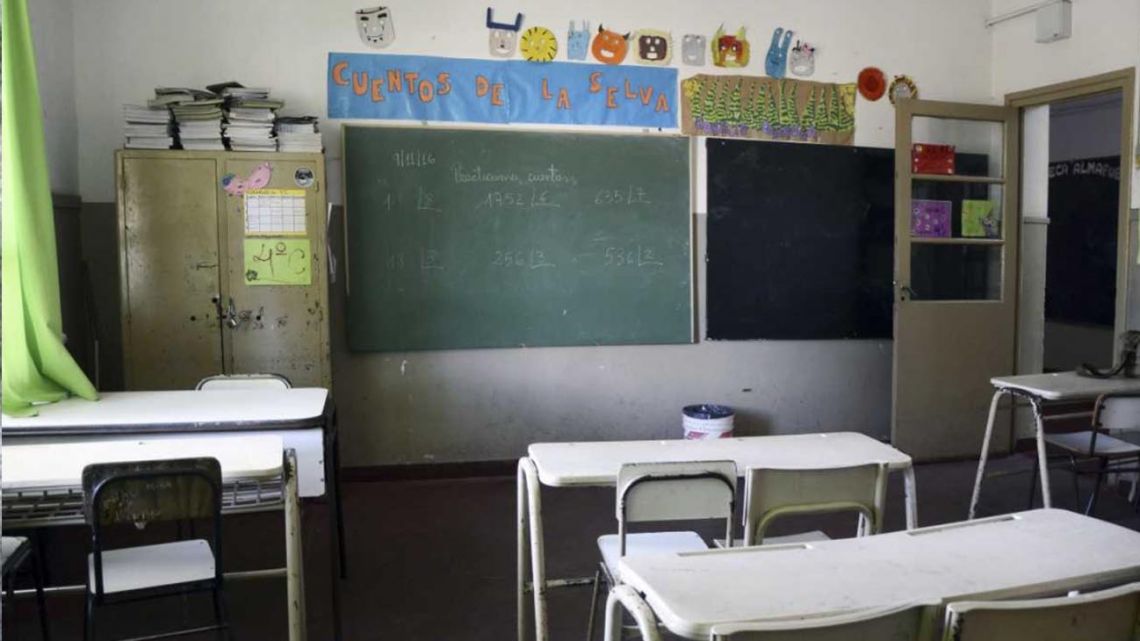You go on and on about how Argentina is one of the worst performing countries in the world (it's your major contribution to the COVID threads), so yes, I get that you're happy to see it get worse. Let me go through the list of occupations you mention (I wasn't able to parse your second paragraph, sorry)
- Doctors and nurses use (or should be using) protective clothing and equipment.
- Waiters have short interactions with customers, and are generally working outdoors at the moment.
- Checkout operators are behind perspex shields in all the supermarkets I've been in.
Teachers will generally not have PPE, will mostly be in not very well ventilated classrooms having all-day interaction with groups of 10-15 kids, and not from behind perspex shields either. Your comparisons fail.
BTW, the kids, depending on their ages, will not be wearing masks (or wearing them like the kid in the photo here:
https://www.batimes.com.ar/news/arg...tina-finally-re-open-doors-for-students.phtml). So much for protocols in schools...

